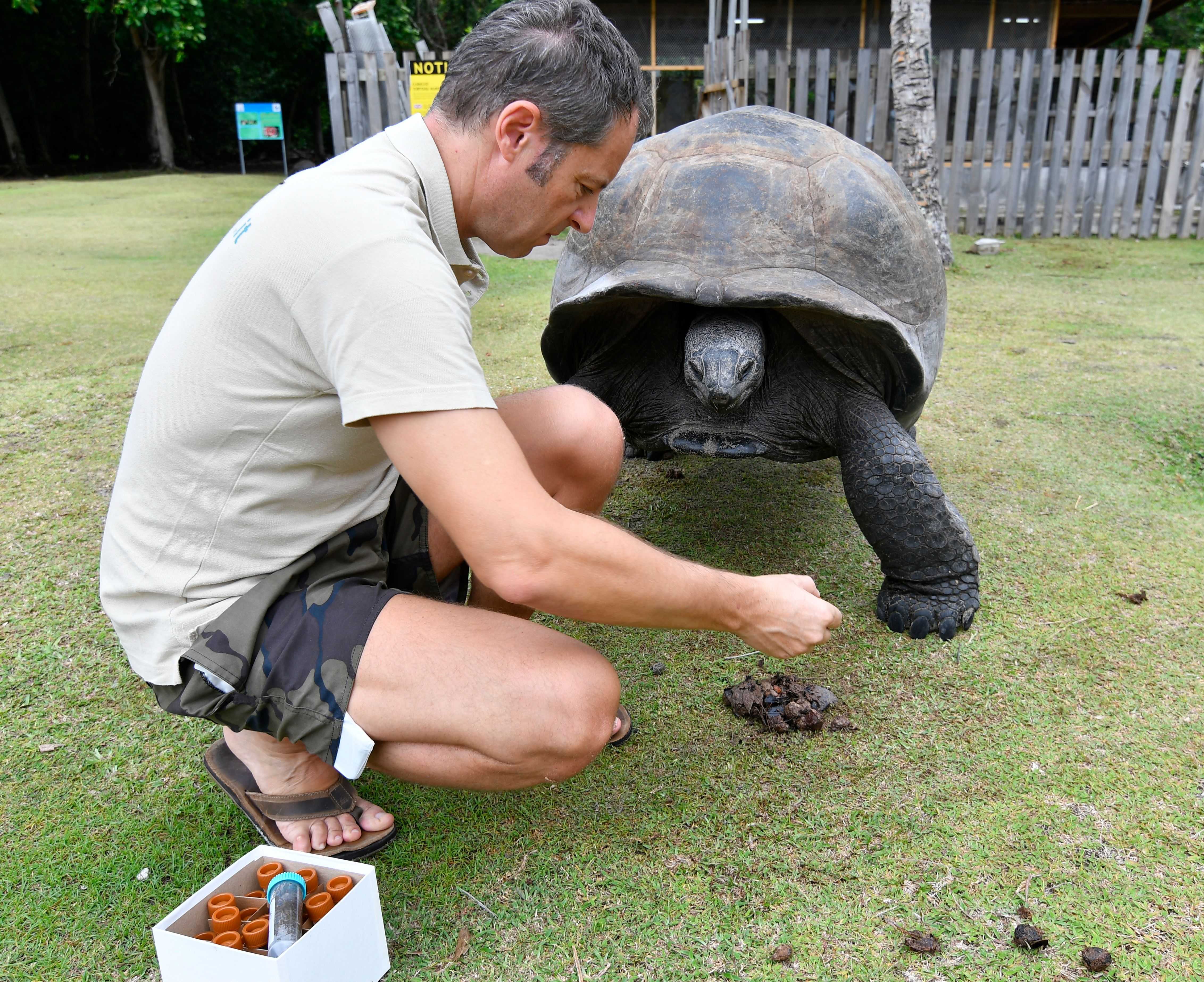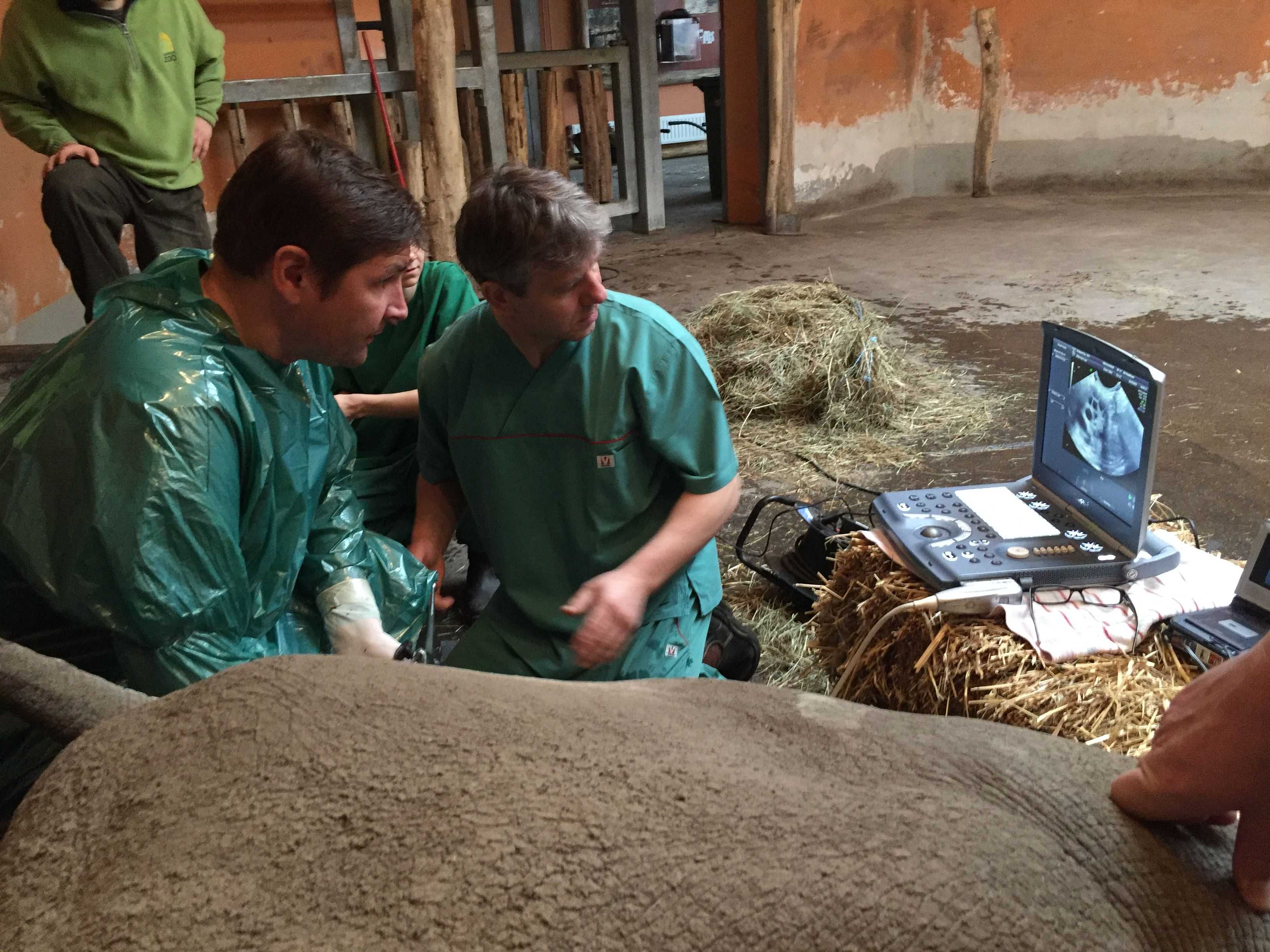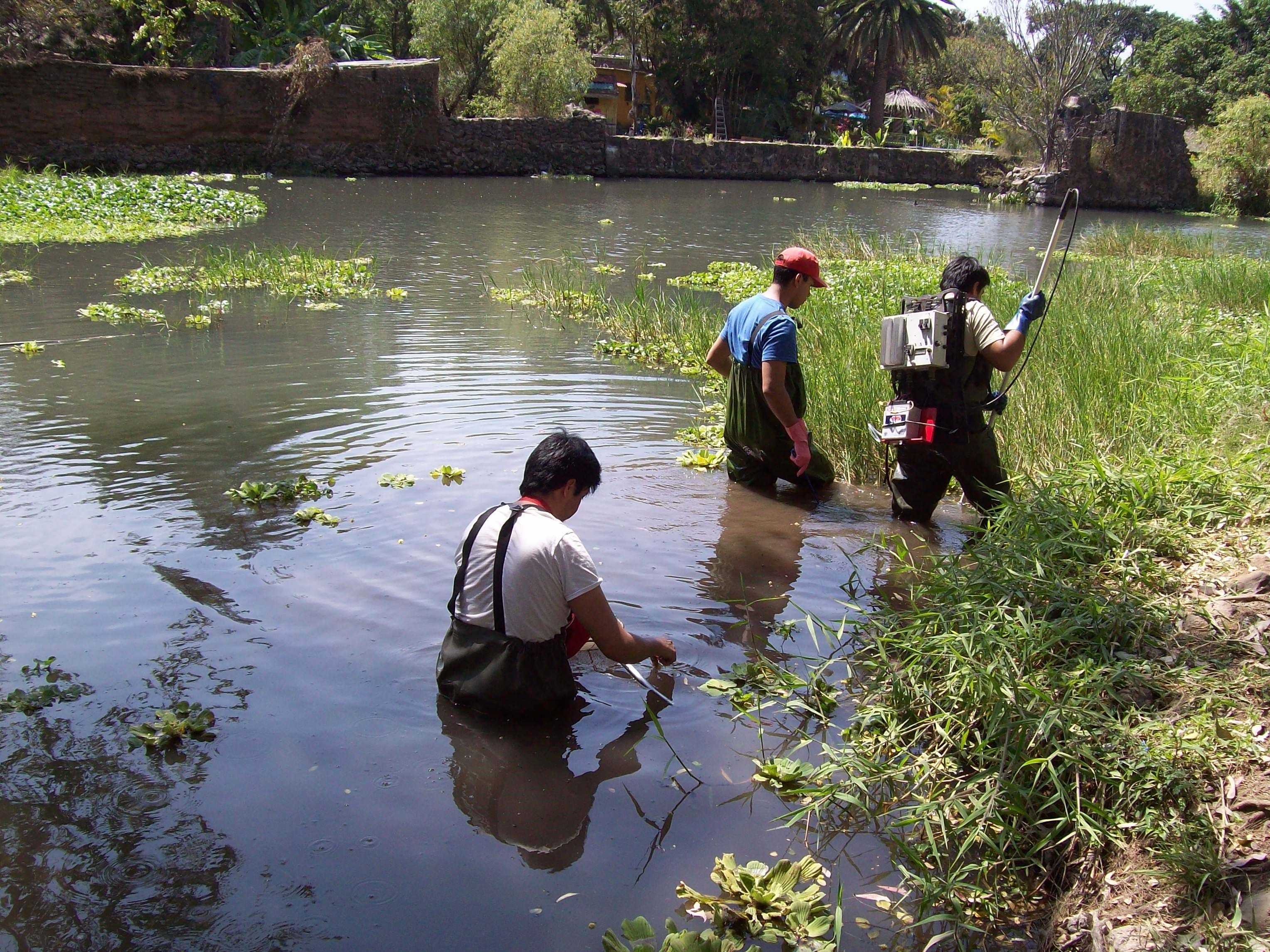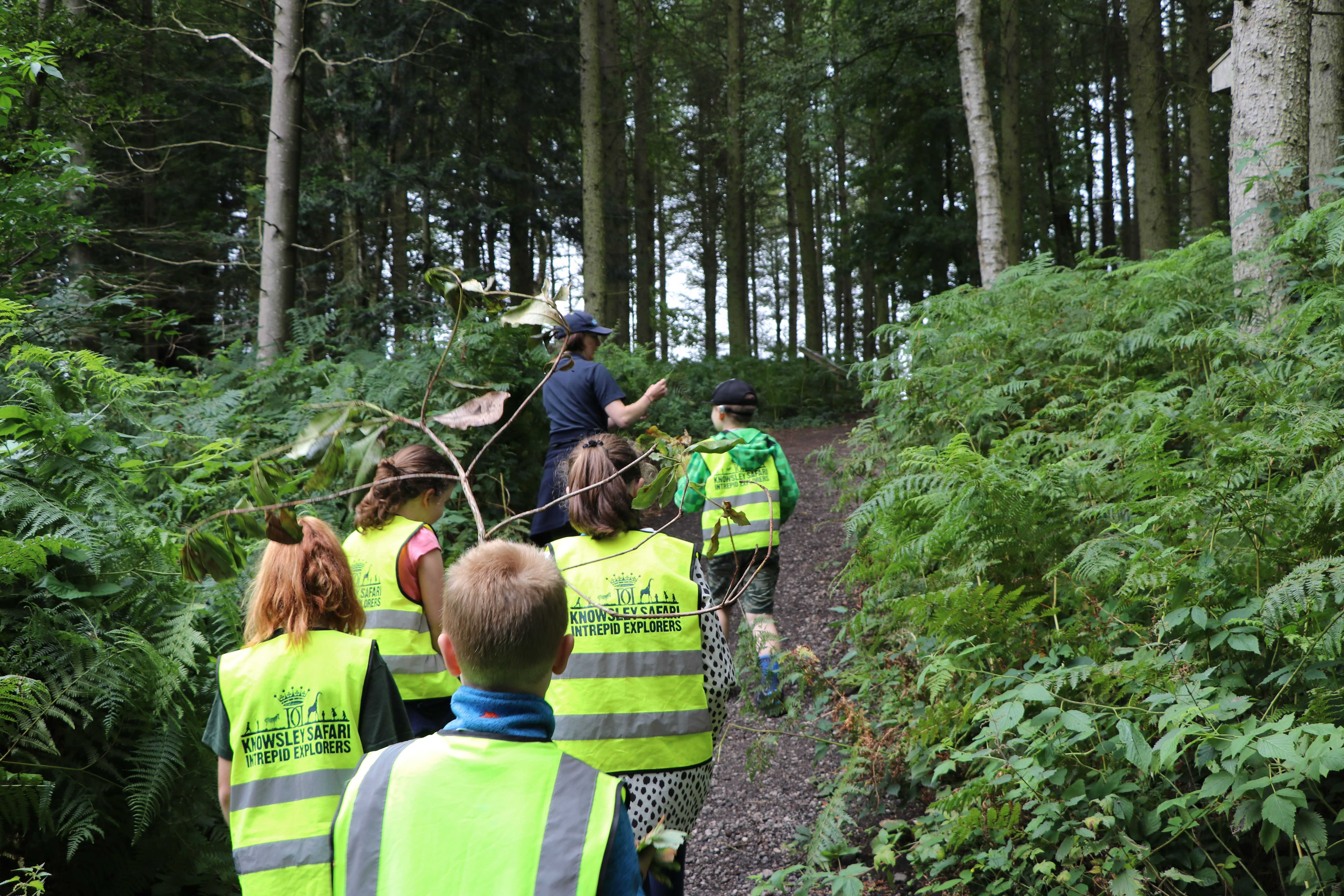Research
Research is a key element in the mission of modern zoos and aquariums. They are uniquely placed to support the advancement of science across many disciplines, from conservation biology to social studies.
Research
In the past decade, the research output of EAZA zoos and aquariums has tripled. They are uniquely placed to help scientists and conservationists to build their knowledge in a number of areas.
They have exceptional access to animals to study parameters that would be practically impossible to observe in wild habitats. Studying the animals in our care helps understand the challenges species face and develop effective conservation solutions.
Together with universities and other partners, our Members help develop technologies that can also be used in wild habitats, for instance, Artificial Intelligence techniques to detect poaching or identify species. EAZA Members contribute to big data research, by delivering vital information to platforms like Species360 and their publications on wildlife trafficking, animal life history, etc. Our researchers also look at how visitors learn about animals, and how their visit at the zoo or aquarium changes their perception of and behaviour towards nature.
This work is overseen by the Research Committee.
Individual Health and Welfare Research
Research with individual animals helps refine veterinary care and better improve positive welfare based on their psychological, physical, and behavioural needs. The findings obtained in zoos and in the field can also help conservationists provide better care for rescued or sick animals. Understanding what animals need on an individual level helps us understand why some populations are more successful than others.

Population and Species Research
Each individual, wherever it lives, is part of a bigger population. Understanding populations’ needs enables us to create the best living conditions for animals to prosper, both in our zoos and aquariums and in wild and protected areas. Our researchers are looking at everything from how to preserve genes among populations that would help them adapt to climate change to how to use group behaviours for the greatest possible chance of conservation success. Emerging research areas also include assisted reproductive technologies or the use of cryopreservation in species conservation.

Habitat and Systems Research
Wild animal habitats exist in a state of balance – where wildlife contributes to and benefits from the systems the habitat provides. Where the fragile balance of ecosystems is disrupted by human activity, by the arrival of an invasive new species or another factor, the challenges for both animals and people can become extremely difficult.
Through research in the field and in our institutions, we help people plan for a peaceful and prosperous coexistence with thriving populations of wildlife of all shapes and sizes. Our research also helps us to support conservation efforts that reinforce the balance of nature while respecting human rights. Moreover, habitat research helps create the best conditions for rewilding of animals from zoo or aquarium populations. Our researchers also study the role that zoo sites play as important habitats for local nature.

Improving our Service to Our Communities
EAZA research doesn’t just cover animals and their habitats. We also study how visitors learn about nature in zoos and aquariums. Researchers are looking at everything from methods of learning through to altering zoo layouts to ensure that our visitors feel more committed to the protection of nature. Findings of such research can also help empower human communities living close to wild animal habitats.


EAZA Biobank
The EAZA Biobank stores biological samples, collected from animals in EAZA zoos and aquariums, available for scientific research to support conservation.
JZAR
The Journal of Zoo and Aquarium Research (JZAR) publishes novel, peer-reviewed research papers, reviews, technical reports and evidence-based case studies. Through their living collections, zoos and aquariums are uniquely placed to contribute to conservation-related research. Research categories covered by JZAR include studies in pure and applied biological sciences (e.g. behaviour, genetics, medicine, nutrition, population management and reproduction), in situ conservation research (e.g. socio-economic and field surveys) and research aimed at developing other roles of zoos and aquariums (e.g. visitor learning and marketing surveys).
Find all JZAR issues and submission process on jzar.org.
Zoo Science Library
As multidisciplinary scientific institutions, zoos and aquariums are important partners of the global scientific network. Their publications raise the level of knowledge and form basis for evidence-based discussions and decisions.
The Zoo Science Library is a collaborative initiative between the Association of German-speaking Zoological Gardens (VdZ) and EAZA. This tool compiles publications of international peer-reviewed journals which modern zoos and aquariums contributed to. The library documents the overall contribution of zoos and aquariums to science and promotes knowledge transfer and scientific exchange.
